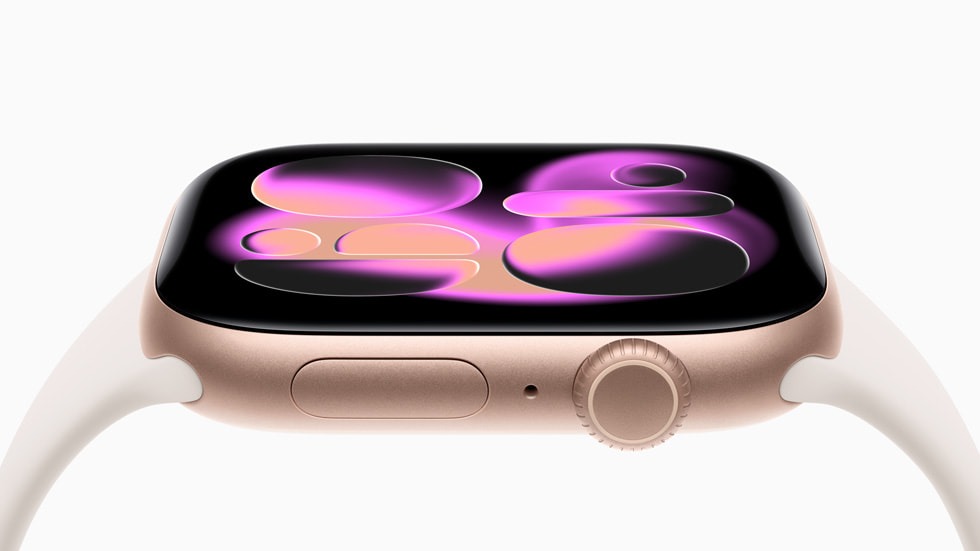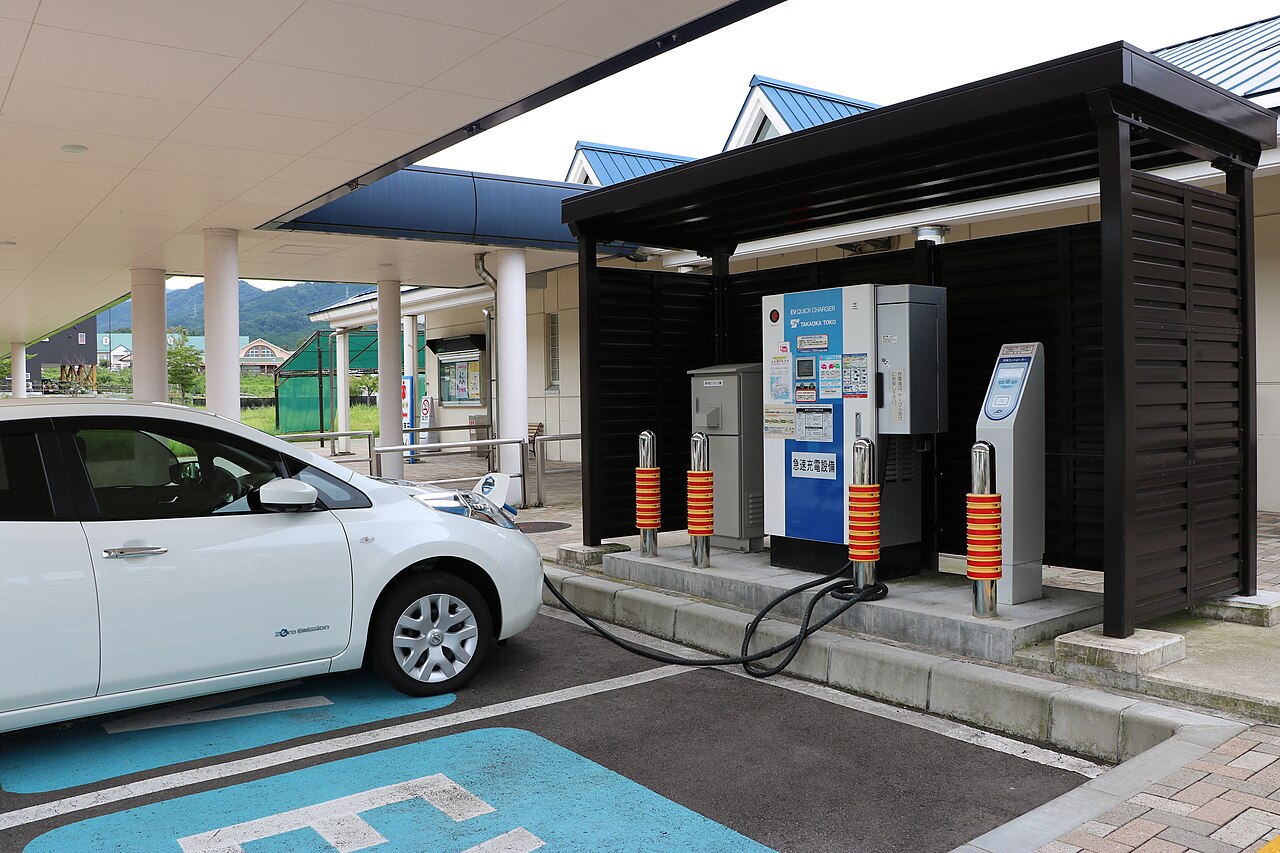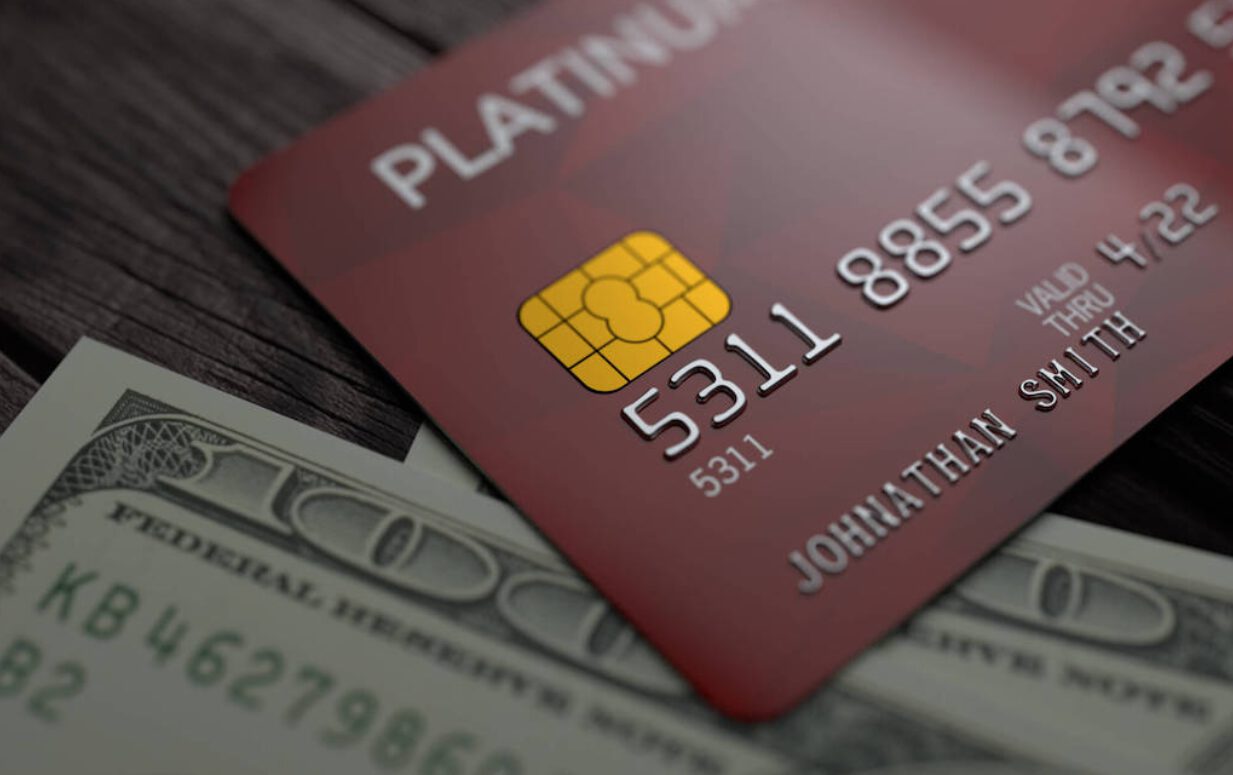Sleep tracking numbers have become confusing metrics that often leave users more anxious than informed. You wake up to a 72/100 with zero context about whether that’s actually good or problematic. Apple’s new Sleep Score in the Series 11 and watchOS 26 promises to address this issue, but given that Samsung and Fitbit have offered sleep scoring for years, the question isn’t whether it works—it’s whether Apple’s late entrance actually delivers something better.
Science-Based Scoring That Actually Makes Sense
Apple’s algorithm draws from over 5 million nights of user data and clinical sleep guidelines.
Unlike competitors who grade you against population averages, Apple’s Sleep Score builds your personal baseline over time. The algorithm synthesizes everything from sleep duration and wake frequency to heart rate patterns and respiratory data, creating a 0-100 score that reflects your trends, not some mythical perfect sleeper. This approach stems from partnerships with the American Academy of Sleep Medicine and National Sleep Foundation—Apple waited until they could make the number genuinely meaningful rather than just mathematically impressive.
Actionable Insights Replace Grade Anxiety
Each score breaks down specific factors so you can actually improve your sleep.
Apple’s patience pays off with detailed breakdowns comparing each factor to your historical performance. Bad night? The app shows whether it was frequent wake-ups, inconsistent bedtime, or poor sleep stage distribution. This contextual approach turns your morning routine from anxious score-checking into actual problem-solving, with insights feeding directly into Apple’s training recommendations and recovery planning.
Hardware Reality Check
The feature works on Series 6 and newer, but Series 11’s battery makes overnight tracking practical.
Sleep Score isn’t Series 11-exclusive—any Apple Watch from Series 6 onward can run it with watchOS 26. The real improvement is the Series 11’s 24-hour battery life, which eliminates the “charge during dinner or track overnight” dilemma that’s plagued Apple Watch sleep tracking since inception. While competitors have been iterating on sleep scoring for years, Apple’s methodical approach to both algorithm and hardware integration shows they’re playing the long game.
The Verdict on Apple’s Sleep Strategy
Late to the party doesn’t always mean missing out on the best parts.
For existing Apple Watch users on compatible hardware, Sleep Score represents added value through a software update. Prospective buyers get a more compelling health suite that finally makes overnight tracking practical. Apple’s deliberate timing might frustrate some users, but their focus on personalized, actionable data over generic metrics suggests they understand that meaningful health insights matter more than flashy numbers.




























